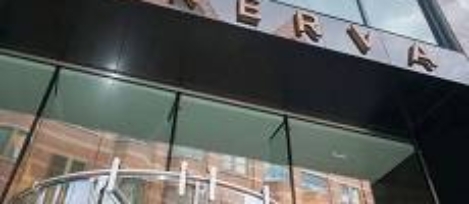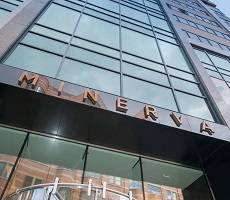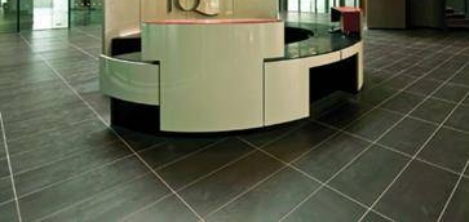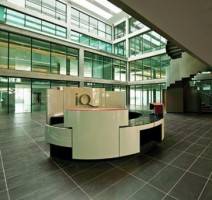April 21, 2016
How and why Millennials are shaping the future of remote working 0
 The future is here. Millennials, the youngest generation in the workforce, are now the majority generation at work. Their potential impact has been discussed for decades, but we’re finally seeing results, as this generation not only enters the workforce, but assumes management-level roles, makes their voices heard, and shifts how we approach work. But why does the Millennials attitude and approach to work have such an impact on how, when, where, and why we all work? And why should employers pay attention? It’s because this generation is shaping remote working. They’ve got sheer numbers behind them. In 2015, Millennials surpassed Generation X to become the largest generation in the American workforce. The vast majority of Millennials want flexible work options, especially the ability to work remotely. In survey after survey, Millennials, more than any generation previously, say that work-life balance and remote work is important to them.
The future is here. Millennials, the youngest generation in the workforce, are now the majority generation at work. Their potential impact has been discussed for decades, but we’re finally seeing results, as this generation not only enters the workforce, but assumes management-level roles, makes their voices heard, and shifts how we approach work. But why does the Millennials attitude and approach to work have such an impact on how, when, where, and why we all work? And why should employers pay attention? It’s because this generation is shaping remote working. They’ve got sheer numbers behind them. In 2015, Millennials surpassed Generation X to become the largest generation in the American workforce. The vast majority of Millennials want flexible work options, especially the ability to work remotely. In survey after survey, Millennials, more than any generation previously, say that work-life balance and remote work is important to them.


































May 5, 2016
The problems that come with London’s success need better solutions 0
by Mark Eltringham • Architecture, Cities, Comment
(more…)